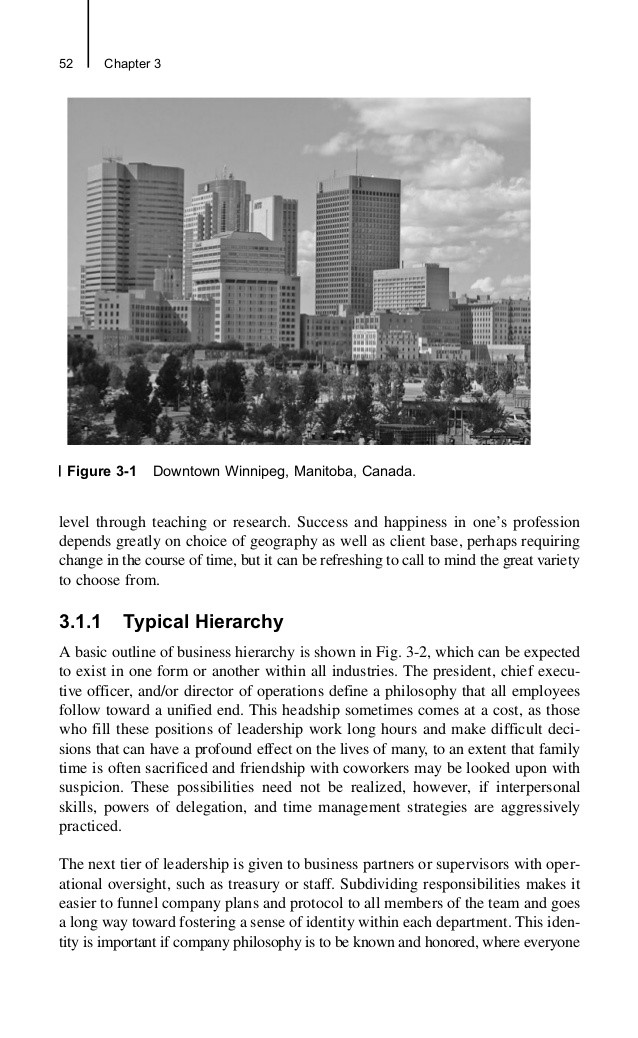Suitability v Standard Who Should Give Financial Advice Partners for Prosperity ers for
Post on: 25 Апрель, 2015 No Comment

Real integrity is doing the right thing, knowing that nobodys going to know whether you did it or not.
-Oprah Winfrey
Last week, our blog post was about common Money Mistakes that even smart people make. This week we would like to discuss in detail another common financial mistake:
Getting advice from someone motivated to make a sale rather than provide the best advice.
There has been a raging debate amongst financial professionals since the 2010 Frank-Dodd bill authorized the SEC to adopt a fiduciary standard. which means “the best interest of the client” versus the current suitability standard. which only means “appropriateness of investment.” Due to much lobbying and intense opinions on the matter, no change in standard has yet to commence, though we may see such a change in 2013.
Here’s what the fiduciary vs. suitability standard debate means and why it matters:
The Suitability Standard
People who advise and sell investments are held to one of two standards, based on their registration. Those registered as an agent or broker might be referred to as a “Stockbroker,” a “Registered Representative” or even a “Financial Planner.” Broker-dealers and associated persons are regulated under the Securities Exchange Act of 1934 and are held to a suitability standard that requires them to make recommendations that are appropriate for a client’s risk tolerance, investment objectives, time horizon and financial status.
In other words, a stockbroker can’t put Grandma’s nest egg in volatile tech stocks, but they can consider their own commissions, preferences, and company expectations. Notably, brokers and financial reps are often trained to sell the company’s managed funds, which charge fees and tend to underperform the market as a whole, or the indices the funds are mimicking.
According to a March 30, 2013 article in the Seattle Times. two-thirds of managers failed to beat the market in 2012. In 2011, 84% underperformed the market. An objective advisor who is paid for their advice would hopefully advise an investor a different direction, explaining the long-term impact of the fees, perhaps even questioning if the associated risks of such a fund are necessary or desirable.
The problem with the suitability standard? It puts investors at risk and tolerates conflicts of interest. Too often, brokers steer clients into investments that earn higher commissions rather than investments that best serve their clients. If an under-performing in-house fund pays a higher commission than a better similar fund elsewhere, they have no responsibility to recommend the better fund or disclose their conflict of interest. Frankly, there’s no incentive or reason for them to even be aware of better investments elsewhere.
The Fiduciary Standard
On the other hand, RIAs (registered investment advisors) and their IAR’s (investment advisor representatives) are held to the higher fiduciary standard under the Investment Advisors Act of 1940. This means they must recommend what is in the client’s best interest when providing personalized investment advice. They must place the interests of the client ahead of their own and act professionally with care, skill, diligence and good judgment.
The fiduciary standard imposes the highest duty of good faith, loyalty, and full and fair disclosure of all material facts, including potential conflicts of interest. If conflicts of interest cannot be avoided, they must be managed in the client’s favor. It’s been called the “golden rule” standard, because advisors must do for their clients exactly as they would want someone to do for them.
As a Registered Investment Advisor, we can also (and do) offer fee-based financial advice. And whether we are charging for advice in any given moment or not, we must always operate under the fiduciary standard.
Many financial advisors and firms do not have the proper education, certification and licensing to charge a fee for advice. Many who offer financial advice at large financial corporations (and never charge a fee for advice) are really financial reps, or salespeople for the company, not objective financial educators and true advisors.
Hybrid Confusion
Sometime around the dot-com crash, brokerages realized that in order to survive, they had to re-brand themselves as Financial Advisors. Rather than calling themselves “stockbrokers” or “Investment Representatives,” brokers started upgrading themselves to “Investment Advisors” and “Wealth Managers.” With some additional certifications, some even started offering fee-for-advice.
The problem? While pushing products remained the primary goal, advisors were now broker/advisor “hybrids” who wore two hats. They gathered information from clients, sometimes charging fees to produce a “financial plan,” (wearing a fiduciary hat). Next, they sold clients the same products they had always sold (wearing their suitability hat).
In a practice called “lunacy” by one financial blogger, the hybrid model led to a massive gray area fueled by the public’s lack of awareness and the “regulatory arbitrage” games that Wall Street insiders play so well. Depending on whether representatives were operating in an advisory capacity (selling advice to the customer for a fee), or simply performing brokerage transactions at the request of the client, their roles and responsibilities could change like the weather.

As one novice investor recalls, “I was charged $700 for a financial plan, then guilt-tripped when I asked them to look outside their network for products with lower fees and competitive costs. In the end, I realized I had paid $700 for a sales pitch.”
What Role Is Your “Advisor” Playing?
Independent studies and surveys have highlighted the (intentional) confusion produced by the double standards and changing titles. A recent survey of 2,000 American investors detailed in a Forbes.com article titled, “What is a Stockbroker? America Has No Clue ” revealed that the overwhelming majority of investors do not understand the difference between those who sell stocks and those who give financial advice. Furthermore, 2 out of 3 investors incorrectly assumed that stockbrokers are held to a fiduciary duty, and fully 76 percent of investors wrongly believe that “financial advisors” a term used by brokerage firms to describe their salespeople’ are held to a fiduciary duty.
Consumer groups, the SEC, and financial planning communities support the fiduciary standard, whereas the broker-dealer and insurance communities (including NAIFA) have supported the suitability standard. This issue has created vigorous dispute between the interested parties because of the significant impact it will have on some segments of the financial services industry.
Where Does Partners for Prosperity Stand?
Clients have been asking us if we act from the fiduciary platform, and it’s nice to be able to answer “Yes!” Partners for Prosperity, Inc. is a Registered Investment Advisor, and our Investment Advisor Representatives can proudly say that they operate under the higher fiduciary standard.
We also believe in (and use Truth Concepts™ software that supports) complete transparency in the advisor-client relationship. Furthermore, we recommend safe, predictable investments and do not advocate that any investor gamble with their money.
We recommend to anyone to get advice from a Registered Investment Advisor who operates under Fiduciary Responsibility. Providers of fiduciary advice are bound to give advice that is the best for the client, regardless of whether it makes or loses them money.
Who’s Giving YOU Financial Advice?
We urge our readers to inquire as to whether those giving them financial advice are operating under the suitability or fiduciary standard. If you have ever wondered if the financial advice you received served your best interest, we invite you to contact us to explore financial advice based on numerical truths, the Principles of Prosperity. and the fiduciary standard.














